Jeep® Automotive Pole In Brazil Is First Carbon-Neutral Plant In Latin America:
Renegade & Compass Home Is Greenest Automotive Plant In Brazil...
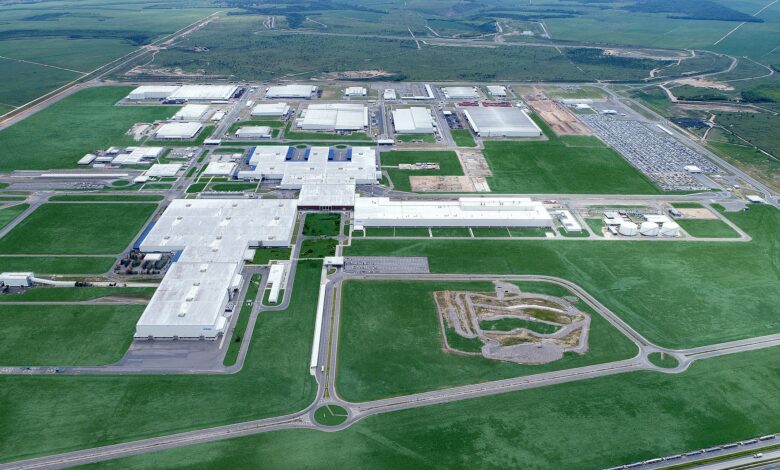
The Jeep® brand has made it no secret that it has put forth efforts to monitor and reduce the environmental impact of its vehicles. This includes the global automotive manufacturing plants which build the iconic American brand’s products. The Jeep® Automotive Pole in Pernambuco, Brazil has just been confirmed as the first multi-plant carbon-neutral industrial complex in Latin America. The Jeep plant has already held the Gold Seal of the GHG Protocol Brazil Program since 2017, which aims to encourage companies to quantify and manage greenhouse gas (GHG) emissions. Now, all 16 factories that make up the Suppliers Park have also joined emissions compensation initiatives, through the “Amigos do Clima” (Friends of Climate) program, making the entire Industrial Complex neutral thanks to a combined emission reduction and compensation strategy.
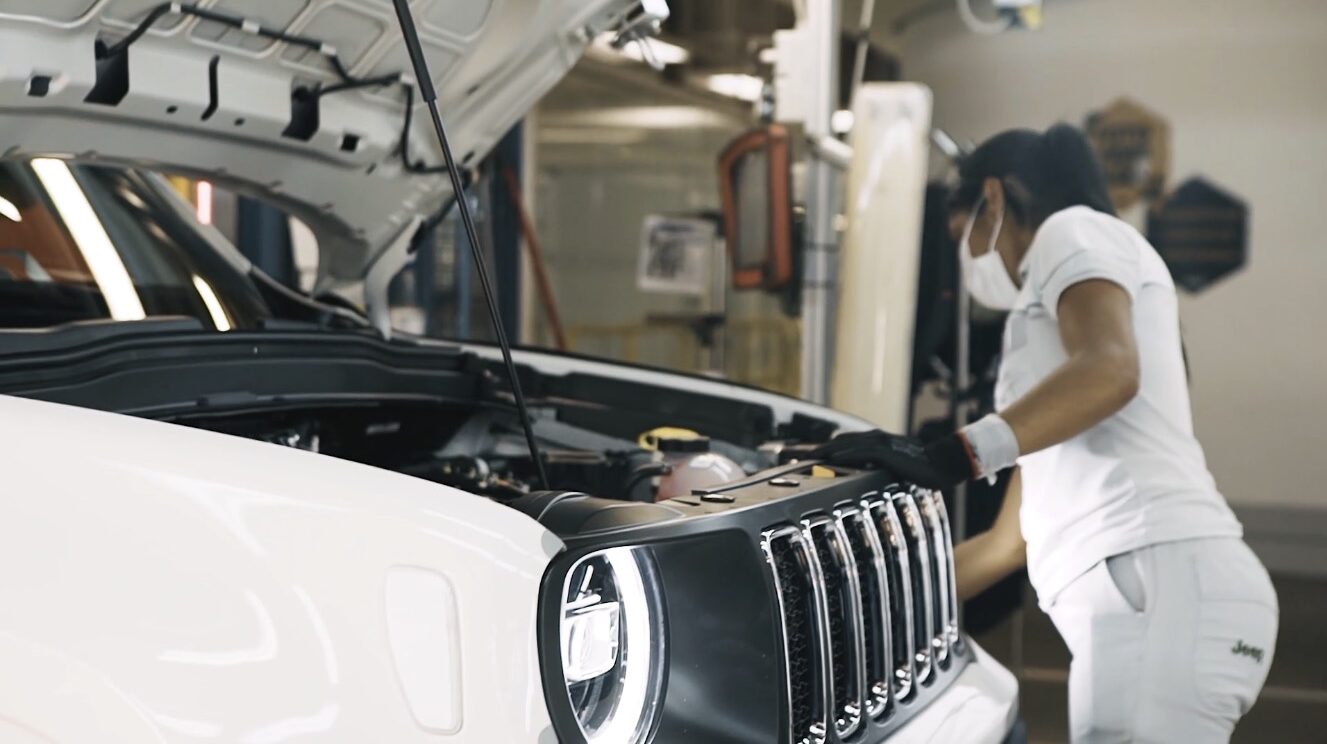
“This is a very important achievement, achieved thanks to the commitment to sustainable development that we and our suppliers share”, says Antonio Filosa, Stellantis Chief Operating Officer (COO) for South America. “Stellantis was born with the vision of seeking carbon neutrality. In this way, we take a very important step with this unprecedented milestone for the entire South American industry and many other initiatives are coming.”
The Jeep Dealer Network is also committed to the cause of neutrality, seeking initiatives to reduce and offset emissions in all 200 stores across Brazil. “In total harmony with the brand’s values and inspired by the historic achievement of the Jeep Automotive Pole, we introduced the program to our association and the interest was immediate. Now, we are going to work together with all dealers so that we are the first Jeep Network in the world to reach the Carbon-Neutral brand ”, says Everton Kurdejak, Jeep Commercial Director for Brazil.
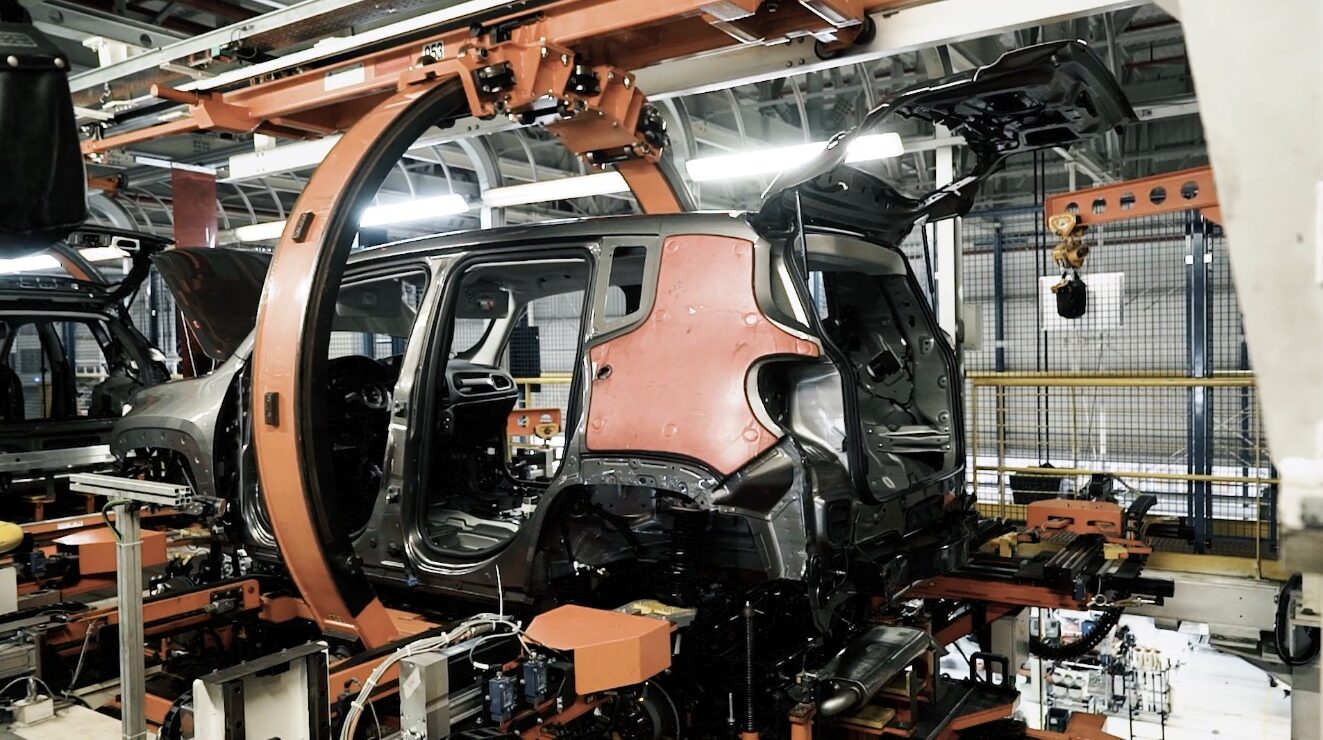
But Jeep’s commitment goes further, also extending to the portfolio. “We designed for the brand a strategy with three clear steps within the theme of carbon emissions in Brazil. The first was achieved with the Polo Industrial Jeep. The next step is the commitment of our Dealer Network. Last, but not least, comes with the electrification of our portfolio, which is already underway abroad. We will have important news to offer to the Brazilian consumer this year ”, anticipates Alexandre Aquino, Head of the Jeep Brand for Latin America.
The Jeep Automotive Pole, opened in 2015, has become a benchmark in socio-environmental initiatives, with programs that range from operations to work carried out with surrounding communities. The achievement of the Gold Seal of the GHG Protocol Brazil Program by the Jeep Plant, in 2017, boosted a coordinated effort to neutralize the entire Automotive Pole through the development of processes to reduce and neutralize greenhouse gas emissions generated by the manufacture.
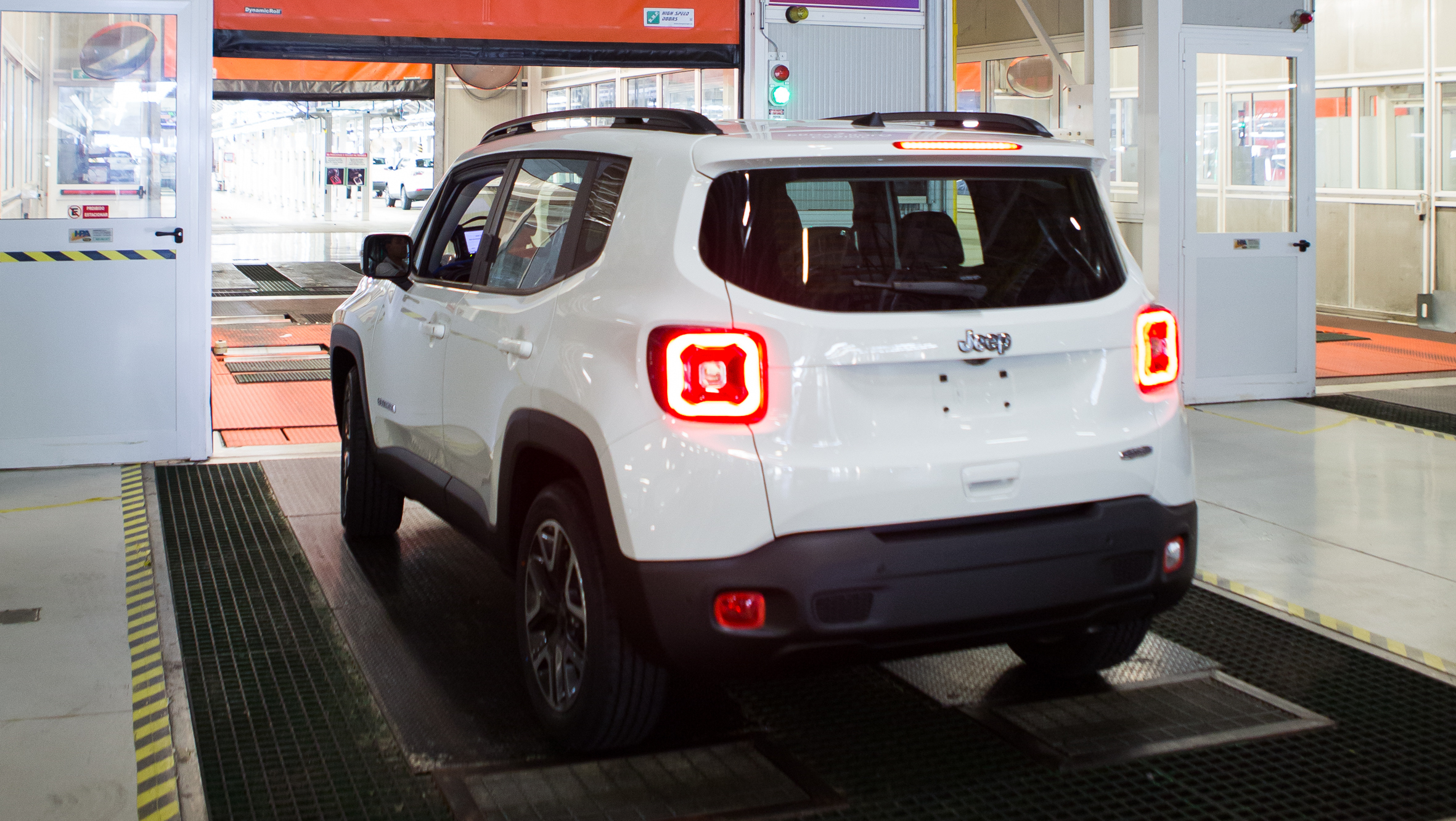
“We started to involve companies that are part of our Supplier Park in this effort. We already have an integrated work with these companies and it was natural to also extend to our goals of reducing the Pole’s carbon footprint, making our operations even more sustainable. We trained the partners, started to make the entire inventory and today we have achieved this very important milestone”, celebrates Renato Cortez, EHS (acronym in English for the area dedicated to the environment, health, and safety) of the Jeep Automotive Pole.
Cortez also points out that the reduction in the Polo Jeep’s emissions indicator has been happening gradually, since the beginning of its operations. In 2020, for example, there was an 18% reduction in the indicator compared to the results of 2019.
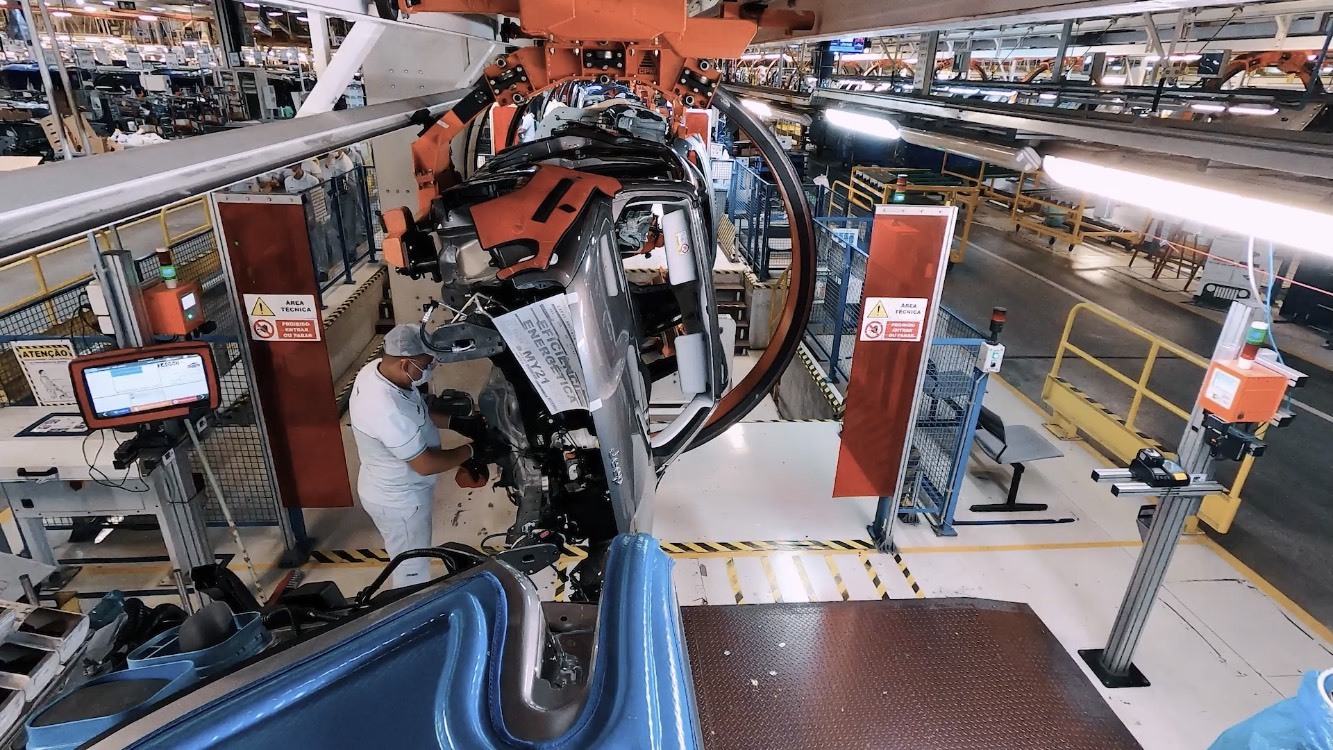
For Sérgio Marques, Plant Manager of CMA, a company that is part of the Suppliers Park, the achievement of carbon neutralization is the recognition of a daily effort on the part of everyone who is part of the Polo. “Our base is, above all, in sharing ideas. All our employees think, at all times, how we can contribute in an innovative and simple way. The exchange of experiences also happens between companies ”. Marques lists some actions aimed at energy efficiency, with a reduction in the consumption of natural gas and electricity, such as the use of intelligent robots with a cooling system in stand by, the use of natural lighting and led lamps, the use of electric forklifts, among others. others.
Inaugurated in 2015, Jeep was also the first plant in the Northeast to be Aterro Zero (Landfill Zero). All of the waste generated in the production process is sent for recycling and reuse. The waste is sent to Ilha Ecológica (Ecological Island), where 13,000 tons of waste and handled monthly. Currently, 88% of waste disposal contracts are with companies in the region, boosting the surroundings of the Hub and the development of the local recycling chain, with the creation of new business opportunities.
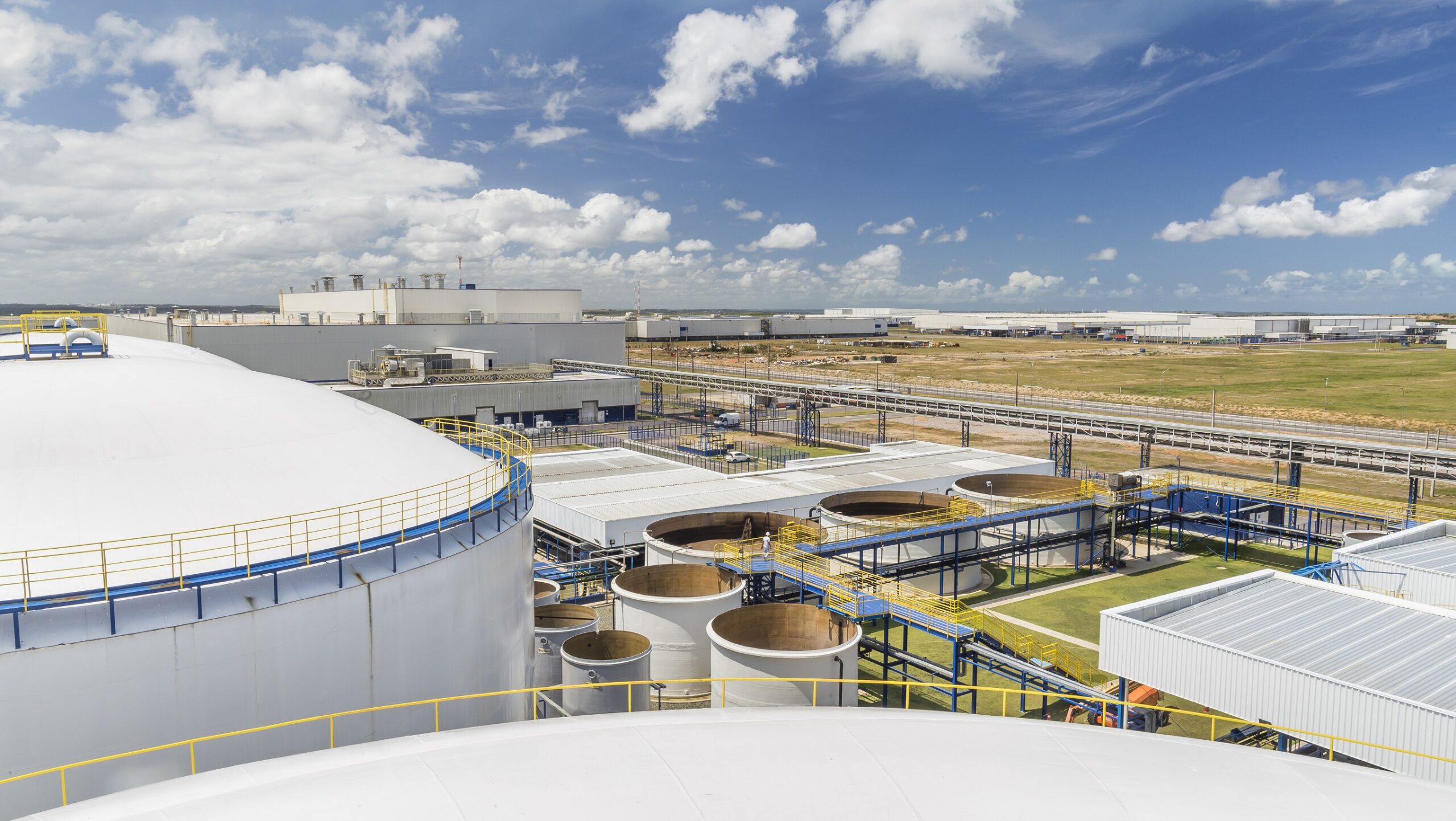
The Hub’s water management is also a highlight. Since the beginning of operations, there has been a 46% reduction in water consumption per vehicle produced, in addition to reaching the 99.5% rate of water reuse in the industrial process. Maximum reuse means that natural resources are preserved and optimized. In one month, about 23,000 cubic meters of water are no longer captured from the public supply network, the equivalent of six Olympic swimming pools or the average monthly consumption of 6,800 people.
Another initiative is the Biodiversity Program. An area that was previously occupied by sugarcane monoculture is being reforested with seedlings from the original Atlantic Forest biome. By 2024, 304 hectares (equal to 100 square acres) of green area and ecological corridors will be created. To date, over one hundred thousand seedlings of 295 different species have been planted, 27 of which are endangered. The goal is to reach 208,000 seedlings by 2024.
Source: Jeep® Brazil


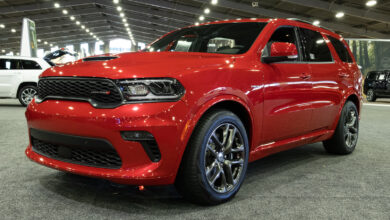

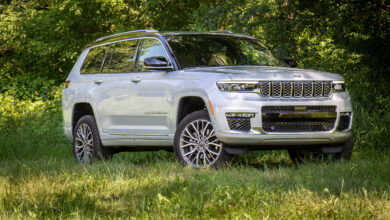

No replies yet
Loading new replies...
Join the full discussion at the Mopar Insiders Forum →